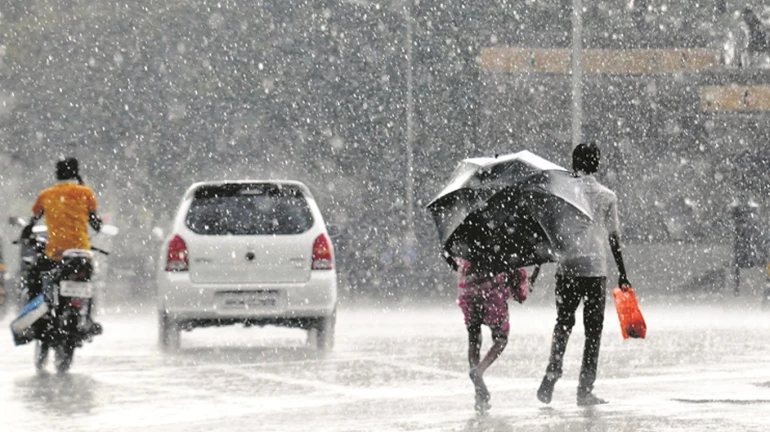
As the rainy season is progressing with heavy rains, monsoon related infections are increasing where not only normal people are getting affected but also all those who have been infected due to coronavirus infection in the first and the second wave are also getting infected. Particularly all those with COVID-19 severe form of infection who were admitted in ICU or who had a severe form of the disease are more prone to get monsoon related or for that matter any infectious disease in the near future due to deranged immune status in them. So they need to be on watch out for all these infections in times to come. In terms of percentage yes 30 to 40 per cent of coronavirus affected patients are having seasonal influenza, malaria, and dengue fever. Whereas as the floods and water overloading in domestic areas is increasing due to heavy rains, there is a possibility of Leptospirosis infected cases to start coming in sooner.
Precautions to be Taken During Rainy Season: Don't Miss These 4 Safety Tips
Rains provide relief from the excessive heat of the summer season. However, monsoons also bring with them certain unwelcome diseases which follow rains. Coughs, fever, and infections of the respiratory tract and Gastro-Intestinal tract are common in the rains.
Here are a few tips and precautions you may adhere to during the monsoon, to avoid getting sick.
During the monsoon, your body is prone to infections. Most diseases in the rainy season are waterborne and drinking filtered or boiled water is essential. Avoiding raw foods like salads is also beneficial to stay healthy in this season. Eat properly cooked food with high protein and low-fat contents.
Eating street food is one of the biggest causes of various diseases in the monsoon. Outside foods are prepared in unhygienic conditions, flies carry infected microorganisms that sit on open food items and are prone to various infestations. It is recommended you consume hot home-prepared food to stay healthy.
Stagnant water results in mosquito breeding. It is important to ensure you keep them out. Maintain cleanliness at home to avoid mosquitoes. Moreover, you must regularly clean flower pots and check the corners to ensure there is no water accumulation. In addition, use mosquito repellent to avoid diseases.
Symptoms COVID-infected must watch out for to ensure early diagnosis and treatment of monsoon diseases
As per the World Health Organization (WHO) case definition, a COVID case may present with:
· Acute onset of fever AND cough; OR
· Acute onset of ANY THREE OR MORE of the following signs or symptoms: fever, cough, general weakness/fatigue, headache, myalgia, sore throat, coryza, dyspnoea, anorexia/nausea/ vomiting, diarrhoea, altered mental status.
This case definition, although sensitive, is not very specific. Seasonal epidemic-prone diseases, as cited in the foregoing paragraphs may all present as febrile illness, with symptoms that mimic COVID-19. If there is a co-infection, then apart from the febrile illness there may be a constellation of signs and symptoms that may lead to difficulty in diagnosis.
This article is authored by Dr Harish Chafle, Senior consultant and chest physician at Global Hospital, Mumbai.





